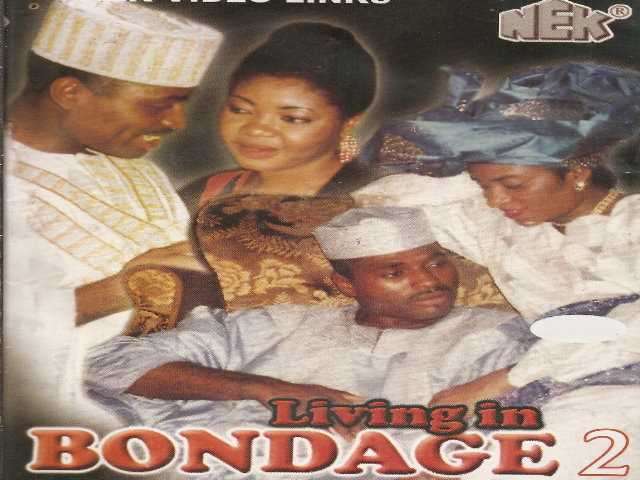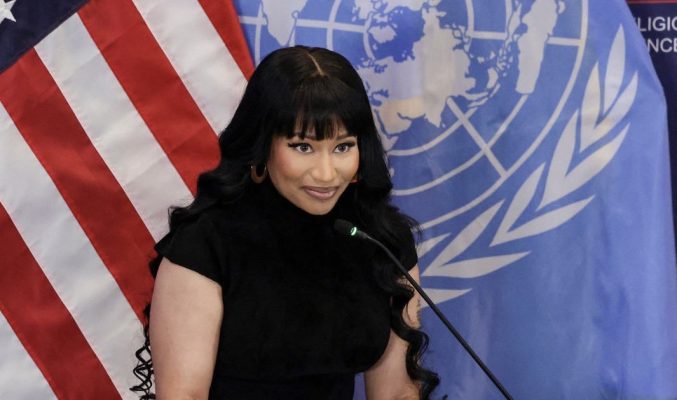Before the evolution of Nollywood around the mid-‘00s, the film industry operated on the blissfully simple method of the home video system. It was the only route for filmmakers to showcase their works, VHS tapes spooled in black casings. Or perhaps you remember them as cassettes and all you needed to have was a television and a VHS player. They beamed movies like Living In Bondage, the Chris Obi Rapu horror thriller which more or less heaved Nollywood into existence and into many Nigerian homes in the ‘90s through this system.
[ad]
Then, the political and economic climate wasn’t so much in turmoil as they are now, goods and services were cheaper, the dollar-naira exchange rate wasn’t pushing large and thus the atmosphere permitted Nigerians to be invested in popular entertainment. As the film industry churned out these movies with cheap aesthetic and production, their consumption was best enjoyed as a family unit.

It’s noteworthy that old-era Nollywood made movies skewed towards the horror genre. Living In Bondage, the Igbo language film was a cult classic that delved into the occult world and laid the blueprint for others: Blood Money and female-centric witch movies like Nneka the Pretty Serpent. It was a booming era, and these movies calcified into Nollywood’s identity and flagship content. But VHS tapes were prone to dust and damage and thus causing glitches while playing. The tapes were also sensitive to light and could easily get tangled. The rewinder device and tape-cleaning fluid which, smelled mildly of methylated spirit, were part and parcel of the home-video experience.

As Nollywood became vastly popular and stoked a demand for more content, home video rental services sprung up and gained a monopoly. The era of VHS tapes was facing a threat, one powerful enough to push it into obscurity. This was because rental services came with an efficient upgrade: the VCD, which can only be played on a VCD player. Around this time in the mid-aughts, new Nollywood stars were in the frontline: Omotola Jalade-Ekeinde, Genevieve Nnaji, Regina Askia. This evolution in movie production, accommodation of new stars and content demand eventually phased out VHS tapes.
[related ids=”685418″]
Cinema culture and streaming services have taken over, the latter providing a platform for Nollywood movies to be globally consumed. But the home video system will always be a nostalgic reminder of how Nollywood started, regardless of what lies in the future.
[ad unit=2]








